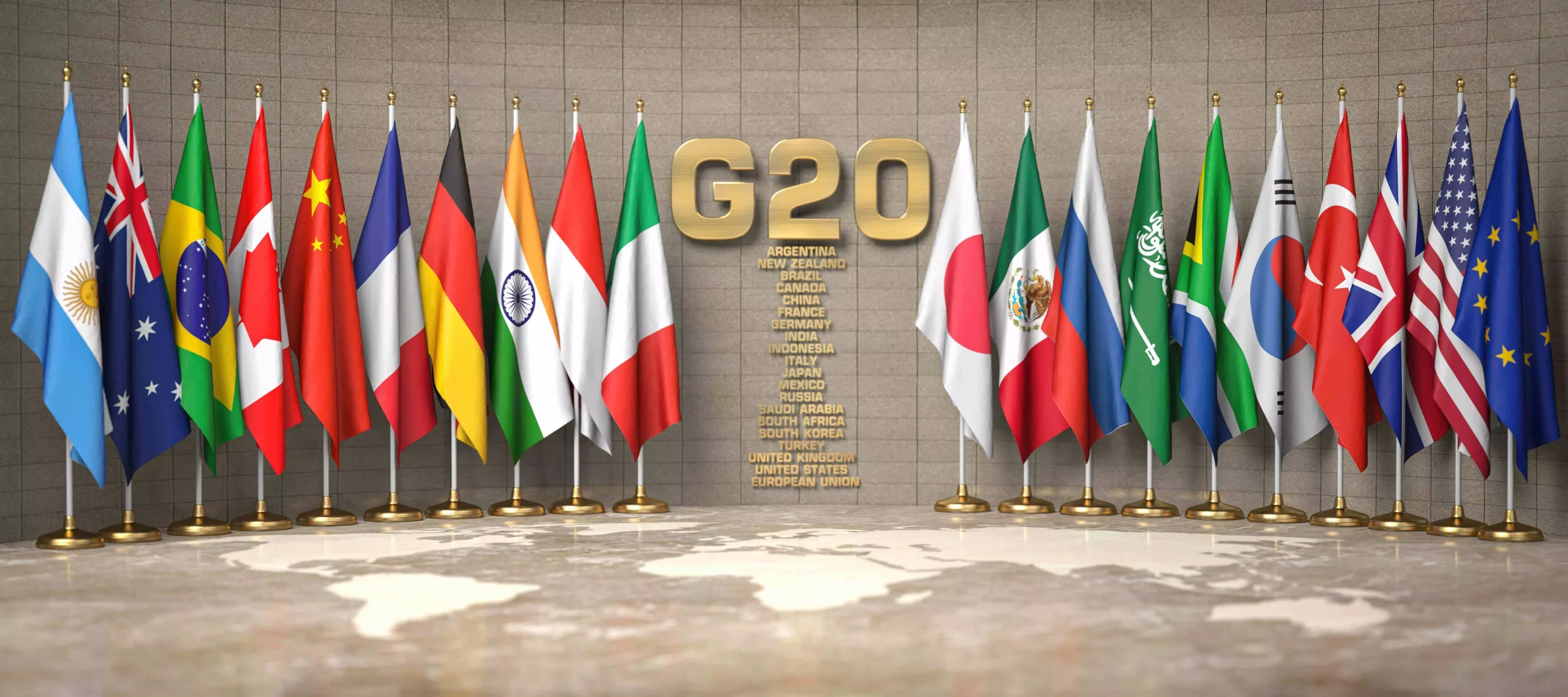India’s G20 presidency offers it an opportunity to depoliticise food deprivation that has jeopardised the interests of third world countries
As India takes over the G20 presidency, diplomatic hawks across the globe are riveted to what priorities India chooses to push and whose side India stands on. In a deeply divided world, it is clear by now that India is leading an independent front of developing countries that stand to lose the most in cases of crisis. This dispersion of focus is evident from the theme of ‘Vasudhaiva Kutumbakam’ laying emphasis on the entire globe instead of the collective interests of merely the 20 countries. Even in this, India would particularly be raising the issues of the global south. In his speech on December 1 at the ‘G20: University Connect’ event, EAM S Jaishankar stressed that while the world is getting increasingly polarised, the worst sufferers are the developing and the underdeveloped countries. What India is trying to do is push the perspective from G20 for itself towards G20 for the globe. This outward-looking approach is a key feature of India’s presidential outlook.
The recent Russia-Ukraine conflict brought forth the cleavages in the global system, whose implications would be long-lasting. Several economies are on the verge of collapse due to politicised and weaponised supply chains. The conflicted region is the home of 36 per cent of global wheat exports and 50 per cent of vegetable oil exports. The strain on the Food Price Index (FPI) of the Food and Agriculture Organisation (FAO) was visible with a 12.6 per cent rise in March over February. This was the highest it has been in the existence of the FPI. The two severely hit commodities reached all-time high prices. It had ramifications on countries whose economies were walking on a tight string, and the consequent push threw them off-balance. Ranil Wickremesinghe, the current President and then acting Prime Minister of Sri Lanka, rebuked the West’s sanctions on Russia by pointing out that they hit third-world countries more rather than affecting Russia to that extent. This statement came at a time when leaders from Volodymyr Zelenskyy of Ukraine to Antony Blinken of the United States were busy criticising Russia for blockading Ukrainian wheat exports and blaming it for the crisis in the global south.
Politics of perception
In the contest between the poles, what matters is the choices of the smaller states. In today’s multipolar order, no state can stake a claim to unipolarity or enough strength to run the global order according to their whims and fancies. The age of strategic alliances is gradually becoming the norm where countries augment their power by tying up with nations having aligned interests. The relative strength thus depends on how countries are able to build those alliances. These smaller states in most cases serve several interests such as being strategically located, having raw materials, cheaper production capabilities or at least a vote in the multilateral platforms.
Aspiring and established powers try to appeal to this segment with carrots, sticks and soft power. Soft power takes the shape of the perception the people and leaders of that country have for the more powerful states. In democratic societies with free flow of the internet, it transforms into open contestations. Cultural outreach and people-to-people connections are generally utilised means for this purpose.
In all this, what affects them most is when people are able to relate their tangible sufferings or growth with the acts of the other country. The politicisation of food supply chains is thus a means by which global powers try to pin the blame for food deprivation on their nemesis. This battle of narratives is what we are witnessing today, with both sides aiming to peddle the actions of the other as the primary reason for food scarcity. What happens then is the deadlock continues and the ultimate sufferers are the third-world countries that are not able to secure food supplies for their population.
India’s role as negotiator
Amid the global tumult, India is in a unique position where it shares cordial relations with almost all the stakeholders. It has maintained a non-partisan stand and continues to engage without fear or favour. This trust accords it a position where it can bring warring sides to the negotiation table. Andres Manuel Lopez Obrador, President of Mexico, went as far as to suggest the creation of the Commission for Promotion of World Truce to be composed of UN Secretary-General Antonio Guterres, Pope Francis and PM Narendra Modi. The mere mention is a testament to the soft power and respect that India as a nation holds.
India’s G20 presidency wishes to leverage this strength for the benefit of the global south. While India can afford to bypass sanctions, not many countries are in that position, which leads them to a lack of sources for food, oil and basic necessities. By pushing the agenda of depoliticisation of global food supply chains, India is taking forward the cause of the third world countries. If it succeeds in bringing the global powers to a consensus on this issue, it will have positive implications for the basic livelihood of billions of people across the world. This thrust of consideration and empathy towards the downtrodden is visible in other priority areas of the Indian G20 presidency as well. The extent of success needs to be seen but the intent is definitely in a positive direction.
The writer is the Core Group Member of Youth20 India and Indian G20 Youth Representative. Views expressed are personal.
(The views expressed are the author's own and do not necessarily reflect the position of the organisation)

